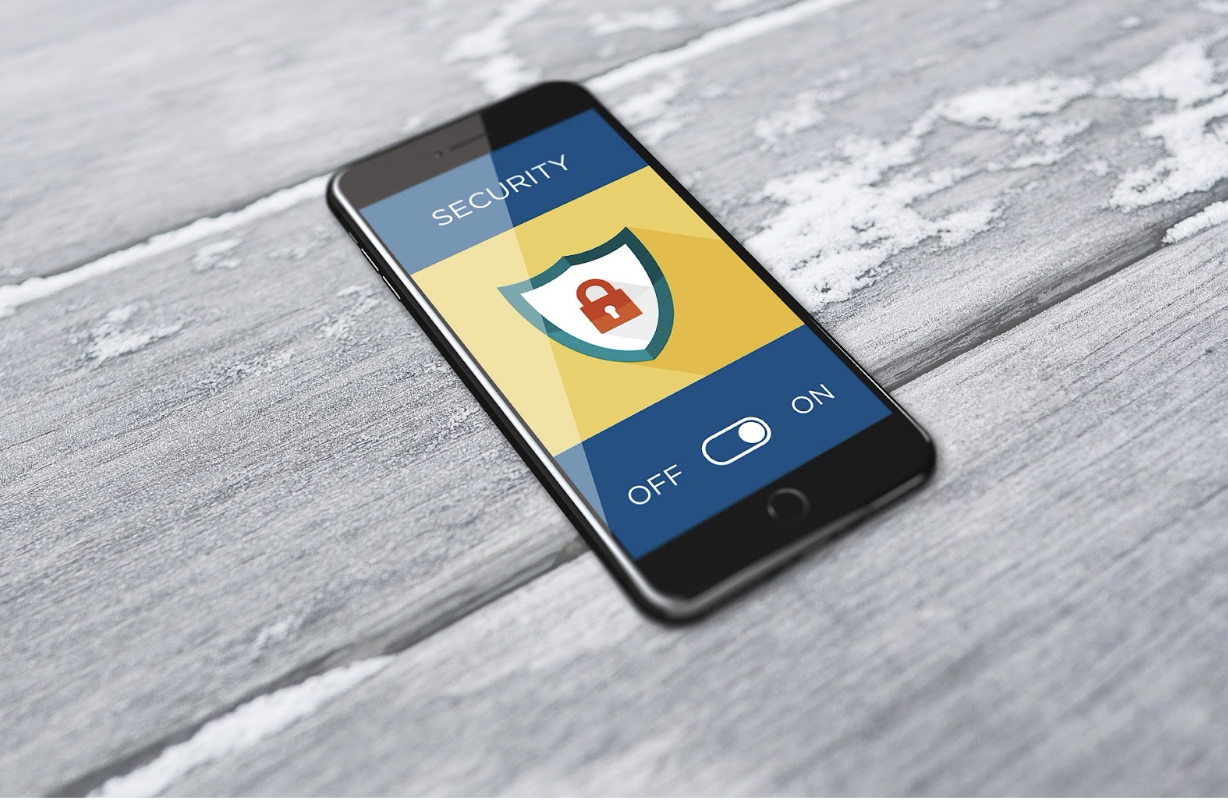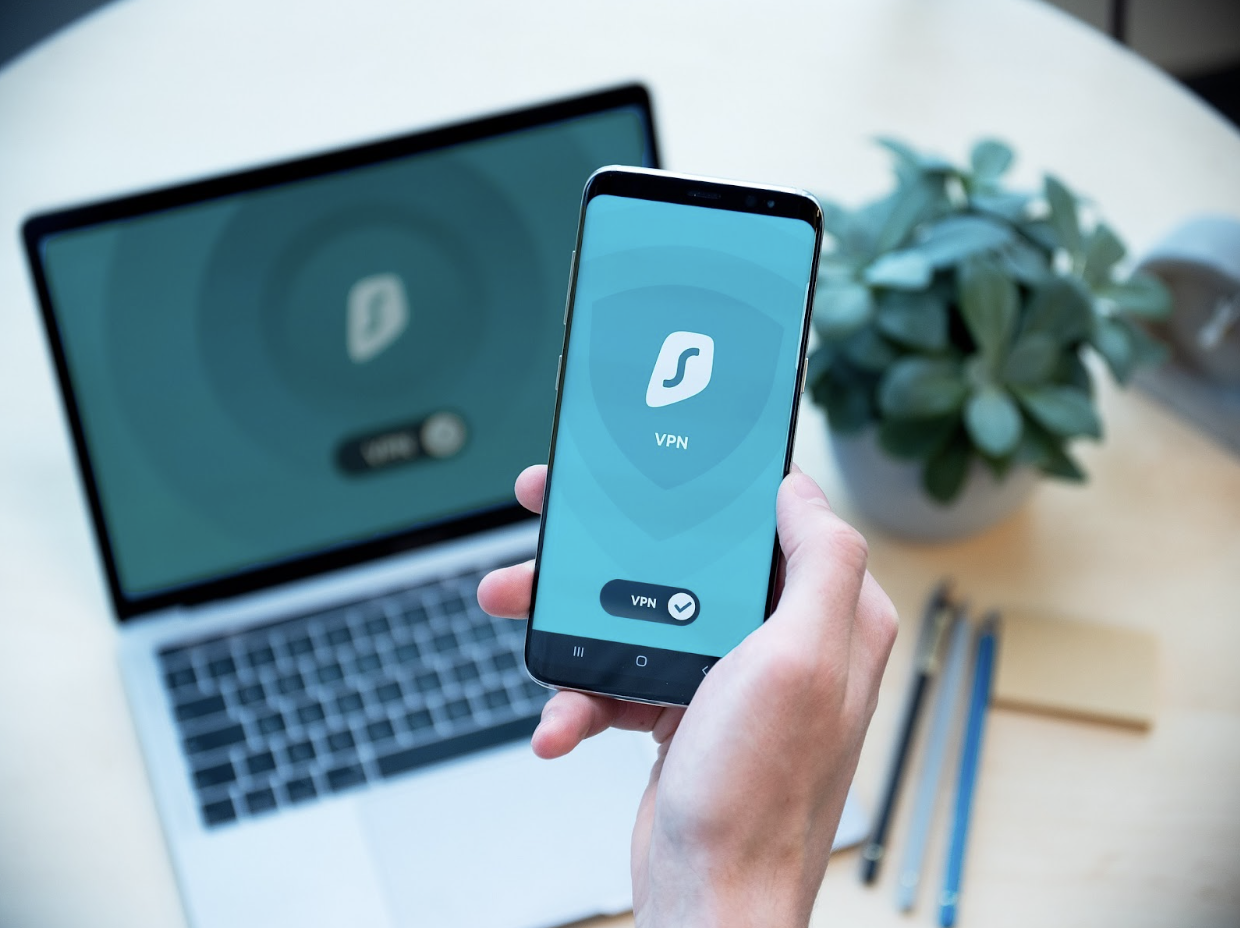Securing your online activity: The whys and hows

People use the internet daily to communicate with friends and family, shop online, send emails, access their bank accounts, and much more. Unfortunately, many of these activities are not secure. With hackers becoming increasingly crafty in their methods of stealing important private information from unsuspecting users, it is crucial to take steps to protect yourself when using the internet. This article will discuss why and how to secure your online activities.
What is Online Security?
Online security is a set of controls, techniques, and measures designed to protect your information from being stolen or compromised through malicious attacks. This includes protecting yourself against viruses, phishing scams, identity theft, malware, and other cyber threats that could potentially affect your data. For instance, by using undetectable VPNs, users can protect their personal information, such as passwords and credit card numbers, from hackers. They won’t be able to track your location or access your data.
While online security is important for everyone, it is especially imperative for businesses and organizations that store large amounts of sensitive data. Without proper security measures in place, hackers can easily access and use this data without the knowledge of the organization or individual. This can lead to serious financial, legal, and reputational damage.
Why Secure Your Online Activity?
It is important to secure your online activity due to the ever-increasing risk of cyber threats. Below are the reasons why you should secure your online activities:
- Protect Your Personal Information: Your personal information, such as your name, address, bank account details, and other private data, can be easily obtained by hackers who use malware and phishing scams to access your accounts. By securing your online activities, you can help protect yourself and your information from these malicious attacks.
- Protect Your Identity: By securing your online activity, you can also help to protect your identity from being stolen or misused by hackers. This is especially important if you are engaging in activities such as social media where personal data is shared.
- Prevent Unwanted Access: By securing your online activities, you can help prevent unwanted access to your accounts and personal information. This includes preventing hackers from accessing confidential data stored on your computer or mobile device.
How to Secure Your Online Activity?
Now that you know why it is important to secure your online activities, here are some practical tips on how to do so:
- Use a Strong Password: The first and most important step to securing your online activity is by using strong and unique passwords. Your passwords should be long enough (at least 8 characters) and include a combination of upper- and lowercase letters, numbers, and symbols.
- Enable Two-Factor Authentication: If available, enable two-factor authentication for all your online accounts. This provides an additional layer of security that requires users to provide additional information when logging in, such as a code sent via text message or email
- Install a VPN: Installing a reliable and secure Virtual Private Network (VPN) is a great way to protect your data when using public Wi-Fi networks. A VPN encrypts your data, making it more difficult for hackers to access or intercept your information.
- Update Your Software: It is important to keep all of the software on your computer up-to-date, especially if it contains security measures that help protect your data. Not only do updates often fix bugs and vulnerabilities, but they also add new features that can improve the overall security of your system.


Tips to Consider When Securing Your Online Activity
- Keep your passwords private and never share them with anyone. You can use password managers to help generate and store strong passwords.
- Be careful when accessing public Wi-Fi networks, as they can be vulnerable to malicious attacks. Consider using a reliable VPN service to protect your data while connected to public networks.
- Avoid clicking on suspicious links or downloading files from unknown sources, as they could contain malware or other malicious software that could put your data at risk.
- Be aware of phishing scams, which are attempts to gain access to your accounts and personal information by posing as a legitimate sender.
- Visit secure websites, as indicated by the “https” in a website’s URL.
- Stay informed about current cyber threats and take steps to protect yourself from them. You can read up on security news and cyber threats to keep yourself up-to-date.
Securing your online activity is essential in today’s digital age. Following the tips outlined above can help protect yourself and your data from malicious attacks and cyber threats. It is important to remember to use strong passwords, enable two-factor authentication, install a reliable VPN, update your software regularly, and stay informed about cyber threats. Taking the necessary precautions will help ensure that your data remains safe and secure.





